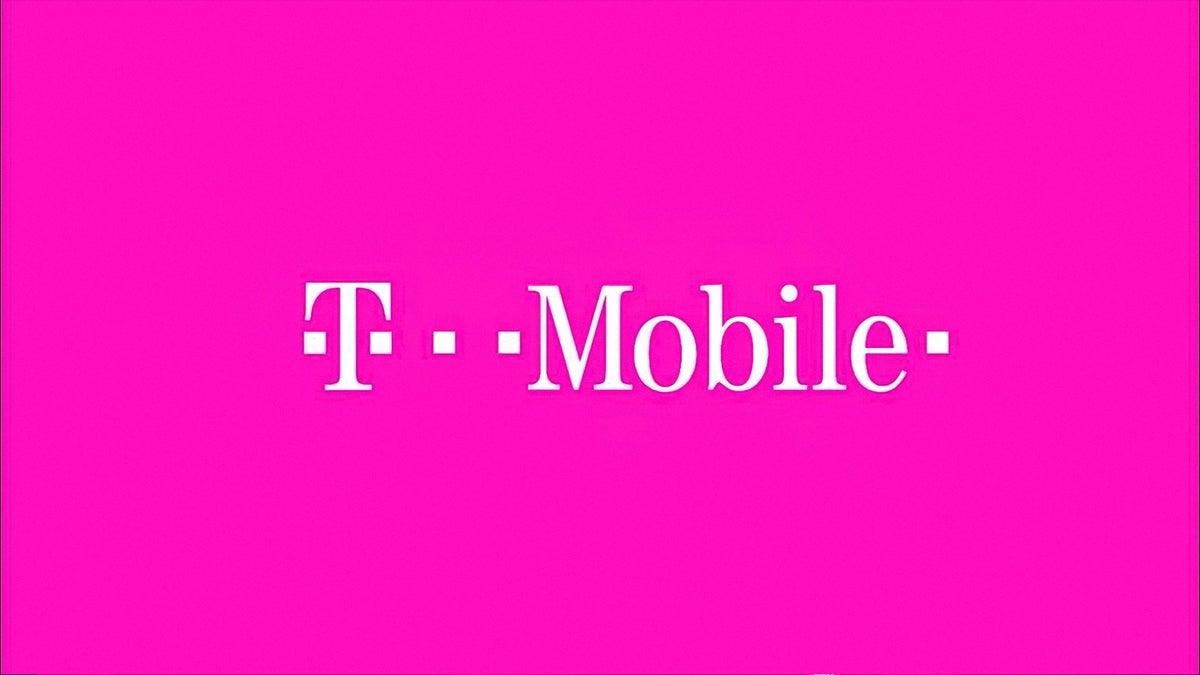
T-Mobile faces pushback over misleading ad claim - PhoneArena
- 18 hours ago
- phonearena.com
- Keywords: AI, Startup, Market Growth
T-Mobile is facing criticism for misleading 20% savings claims in ads. A review board found the messaging unclear and potentially deceptive, leading T-Mobile to plan an appeal.